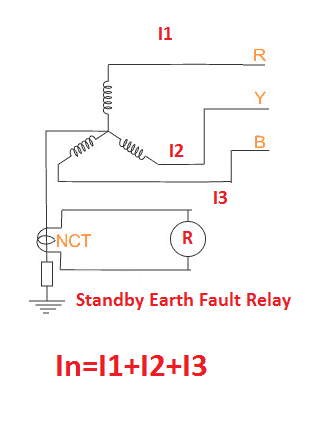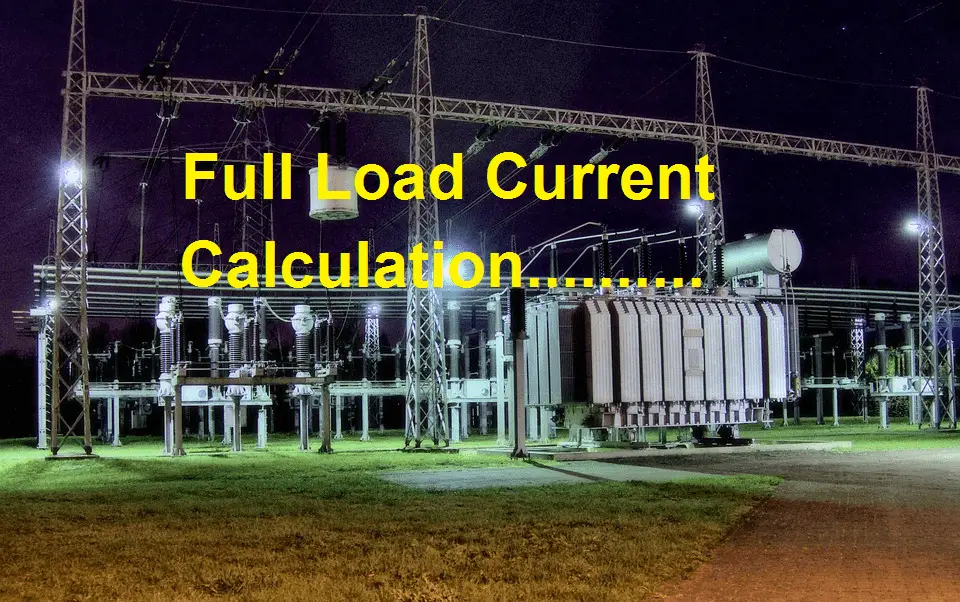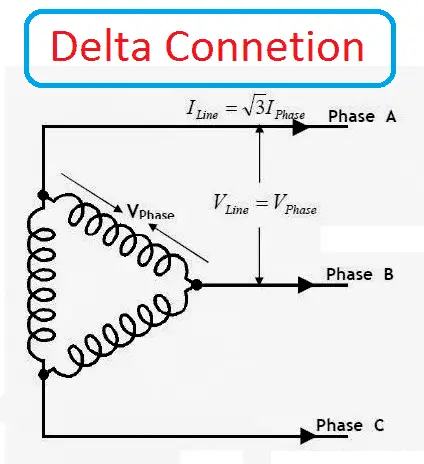Difference between the voltage and emf:
Many of the electrical engineer, student or electrical technician confuse between the voltage and emf. In this we are going to see the basic of voltage and emf. Both of the electrical quantity says about the potential difference between two points.
[wp_ad_camp_1]
What is EMF?
Electro Motive Force is called EMF and it is united in Volts. The potential difference which is measured at the generating machine’s output terminal (without connecting load even output cable or bus bar) is called EMF. i.e Take a 440 Volts, three phase, 50 Hz AC (Alternating Current) generator, refer the diagram for emf measurement.
EFF is the pure output of the generator or alternator. It is denoted by e.
e=V+Vdrop
[wp_ad_camp_1]
What is Voltage?
Voltage is the measure of potential terminal at the input terminal of the load. The emf is transferred from the generator through cable and the load is connected across it. Therefore, there is a voltage drop across the load. The applied potential difference across the load is called voltage.
Hence
Voltage = EMF – Voltage Drop
v=e-Vdrop
Voltage is denoted by v
Significance of emf in DC machine:
- Whenever the emf across the electrical machine is higher than the voltage across the load, the current fed from the machine to load, such a machine is called generator. i.e EMF is greater than the voltage.
- Whenever the emf across the dc machine is lesser than the voltage across any load, the current fed from the load to machine such a machine is called DC Motor. i.2 EMF is less than the voltage.





![What is Normally Open & What is Normally Closed [Video Included] What is NO and NC](https://www.electrical4u.net/wp-content/uploads/2020/09/What-is-NO-and-NC-218x150.png)



![Why Synchronous Motor is Not Self Starting [Simple Explanation]](https://www.electrical4u.net/wp-content/uploads/2020/06/Synchronous-motor-is-not-self-starting-218x150.png)


My question is Can we supply 3 phase to single phase fan?